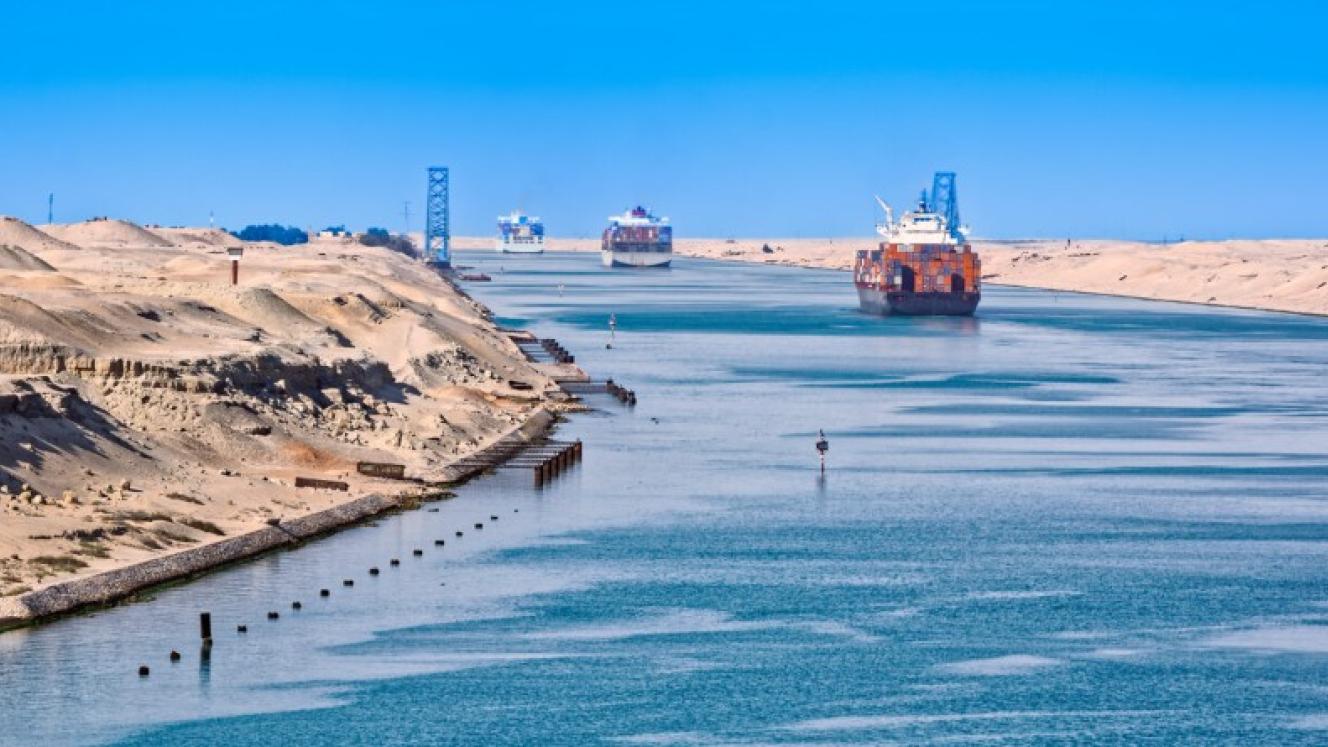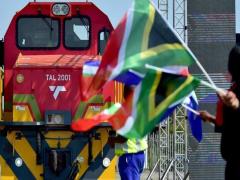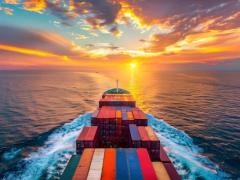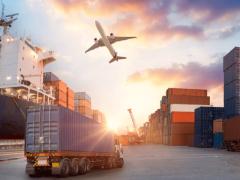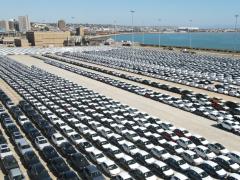Pressure is mounting on governments to designate seafarers as ‘key workers’ to avoid the prospect of forced labour and human rights abuses in major supply chains this holiday season, say representatives of the International Transport Workers’ Federation (ITF).
The United Nations General Assembly and the International Labour Organization (ILO) in the last week passed landmark resolutions (UN resolution / ILO resolution) calling for urgent action by national governments on the crew change crisis.
“The adoption of Indonesia’s resolution by the UN General Assembly has put seafarers and their ongoing struggle firmly at the centre of the governments’ attention as the consumer holiday season approaches and industry concern over potential forced labour in their supply chains reaches new highs,” said ITF general secretary Stephen Cotton.
“We now have the full authority of the United Nations General Assembly saying that if countries want to participate in the global economy, then they must recognise this global workforce as ‘key workers’ with practical effect. Key worker status means letting seafarers get off in their ports for medical attention. It means letting them get to an airport to fly home and return to their families when their contract on a ship is completed. It means letting replacement crews through a country’s border to join those waiting ships.”
The ITF, which represents more than a million seafarers through its affiliated seafaring unions, has been working behind the scenes with governments and UN agencies to secure the resolutions.
Seafarers’ group spokesperson at the ILO, Mark Dickinson, said a comprehensive draft for the resolution had been supplied by the social partners. The draft provided more detail on what governments needed to do to give the ‘key worker’ status real meaning for seafarers, including allowing shore leave for them to access medical care.
A recent ITF survey found 30% of seafarers had unmet medical conditions while trapped working aboard the world’s shipping fleet, with many unable to access medication or get prescriptions filled.

